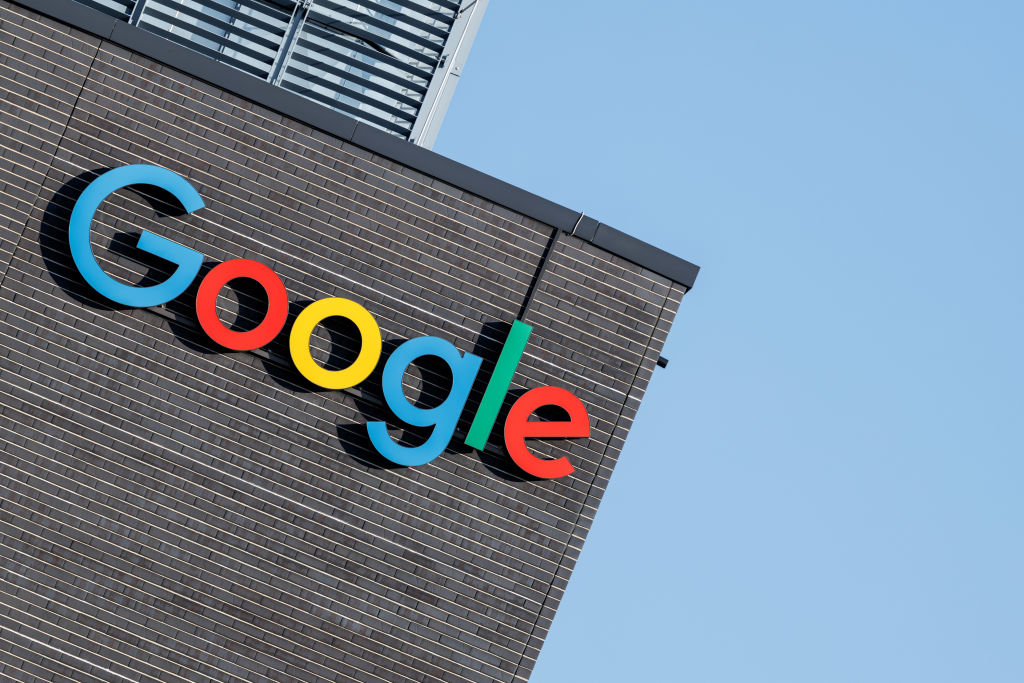A federal judge has found that Google violated antitrust laws by “willfully acquiring and maintaining monopoly power” in the advertising technology market, rounding out a two-year saga after the U.S. and eight states filed its initial complaints against the Alphabet-owned company.
The court will set a briefing schedule and hearing date to determine appropriate remedies for the antitrust violations, per a Thursday filing.
The remedies could include forcing Google to break up its advertising business, like selling its Google Ad Manager, which includes the AdX ad exchange and DFP (DoubleClick for Publishers), the ad server used for publishers.
Or the courts could force behavioral remedies that would allow Google to keep its business intact, but would impose restrictions to ensure fair competition, like prohibiting Google from prioritizing its own exchange or demand in auctions.
In a separate antitrust case, another federal judge last year found that Google illegally monopolized the general internet search market. The judge has not yet issued remedies on that case, but is expected to do so in mid-2025.
In the adtech case, Judge Leonie M. Brinkema wrote in her memorandum opinion that the plaintiffs failed to prove that the “open-web display advertiser ad networks” are a relevant market where Google has monopoly power. These networks help advertisers buy display ads across the open web, so they’re outside of closed ecosystems like Facebook, Instagram, and Google Search.
The judge did agree that Google violated the Sherman Act by monopolizing and unlawfully tying two parts of the adtech stack together, specifically DFP and AdX, and that Google is guilty of abuse of monopoly power in the publisher-side adtech.
“We won half of this case and we will appeal the other half,” Lee-Anne Mulholland, Google’s vice president of regulatory affairs, said in an emailed statement. “The Court found that our advertiser tools and our acquisitions, such as DoubleClick, don’t harm competition. We disagree with the Court’s decision regarding our publisher tools. Publishers have many options and they choose Google because our ad tech tools are simple, affordable and effective.”
The Department of Justice – alongside California, Colorado, Connecticut, New Jersey, New York, Rhode Island, Tennessee, and Virginia – filed suit against Google’s alleged use of monopoly power over the digital ad market in January 2023.
The DOJ argued that Google achieved its monopoly through anti-competitive conduct when it purchased DoubleClick in 2008, which then became the backbone of its ad business. Google then bought AdMeld in 2011 to gain more control over the ad market’s supply side. The government says this allowed Google to hike up ad prices and harm publishers by taking larger cuts of each sale.
The trial for this case began in September 2024 and lasted for three weeks, with closing arguments presented in late November.
This article has been updated to include more background about the case.


